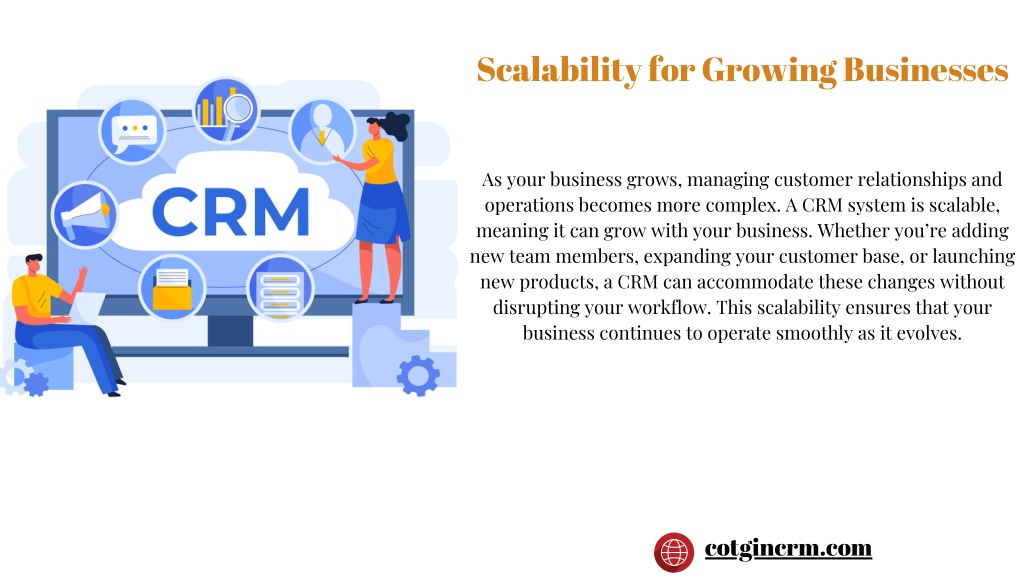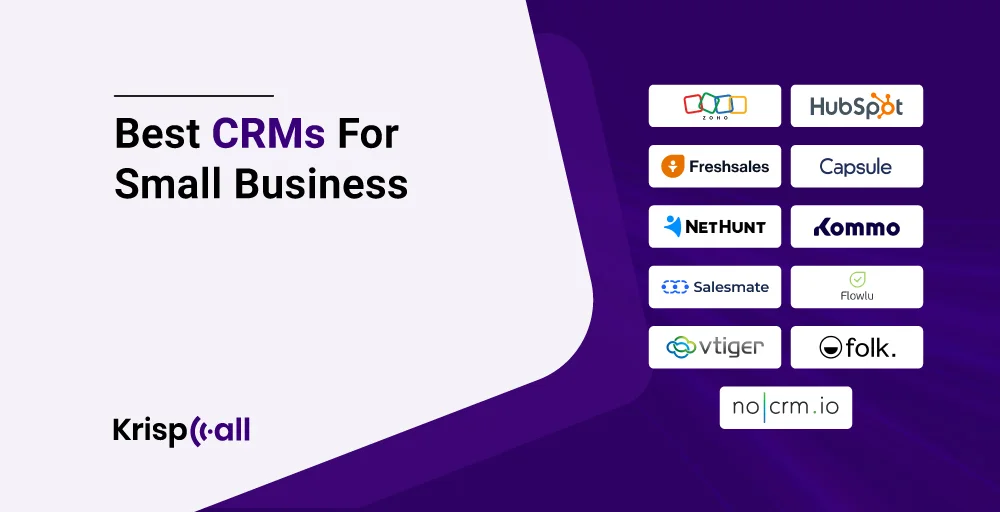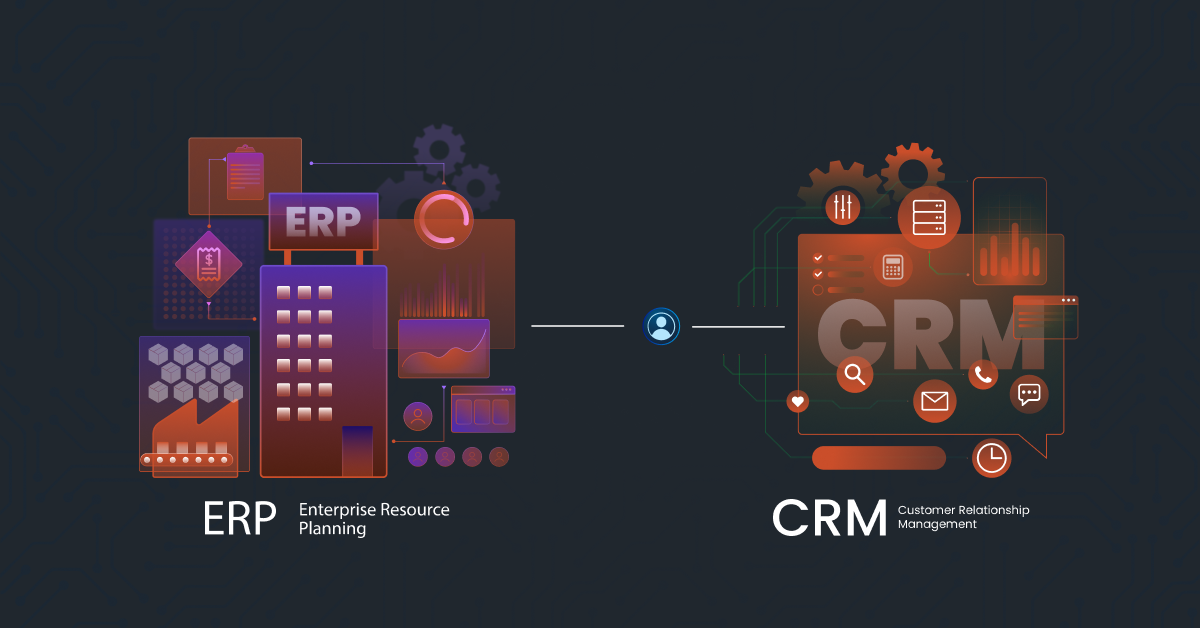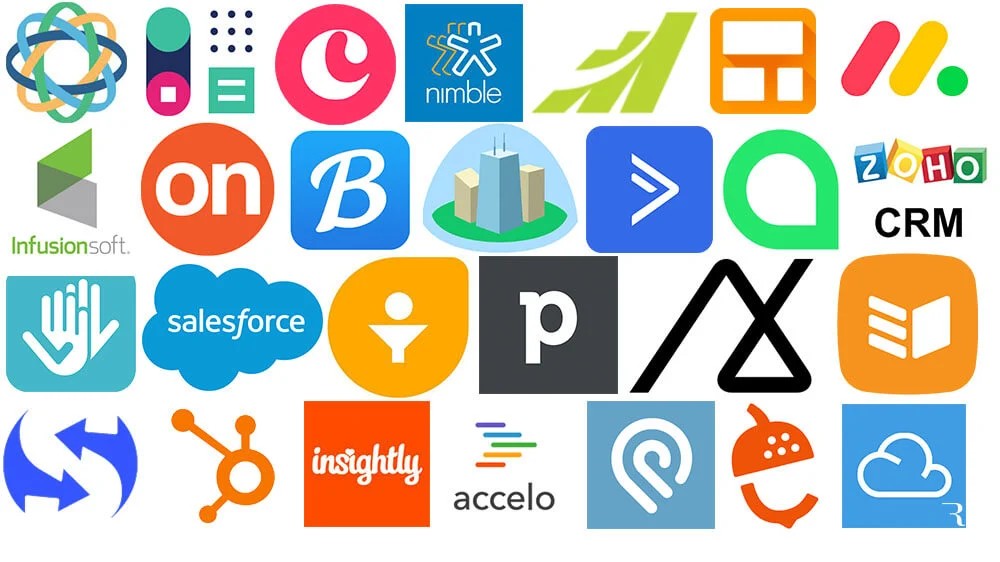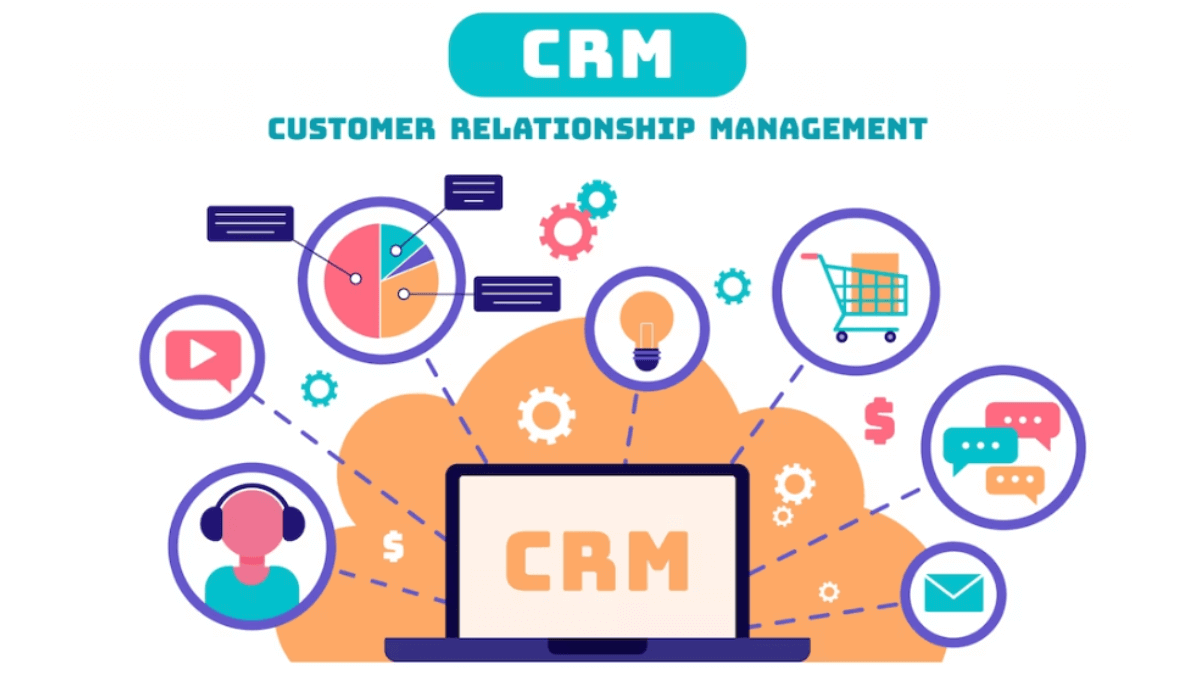Small Business CRM: Your Beginner-Friendly Guide to Customer Relationship Mastery
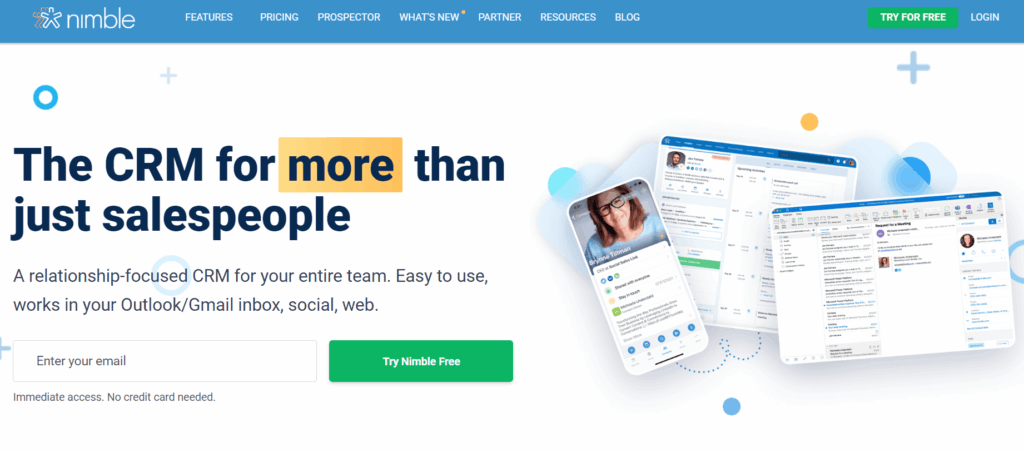
Unveiling the Power of CRM for Small Businesses: A Beginner’s Journey
Starting a small business is like embarking on an epic adventure. You’re the captain of your own ship, navigating uncharted waters, and hoping to discover a treasure trove of success. But even the most skilled captain needs a reliable map and a trustworthy crew. In the business world, that map is your customer data, and your crew is the team that helps you manage it. This is where a Customer Relationship Management (CRM) system comes into play. For small business owners, understanding and implementing a CRM is no longer a luxury; it’s a necessity. This comprehensive guide will walk you through everything you need to know about CRM, specifically tailored for beginners.
We’ll demystify the jargon, explore the benefits, and provide you with practical advice on choosing and using a CRM to propel your business forward. Get ready to transform the way you interact with your customers and unlock the true potential of your small business. This isn’t just about software; it’s about building lasting relationships that fuel growth and profitability.
What is a CRM and Why Does Your Small Business Need One?
At its core, a CRM is a system designed to manage and analyze your customer interactions and data throughout the customer lifecycle. Think of it as a central hub for all things customer-related. It helps you store customer information, track interactions, automate tasks, and analyze data to improve your business strategies. But why is a CRM so crucial for a small business? Let’s break it down:
- Improved Customer Relationships: CRM allows you to personalize your interactions with customers. You can remember birthdays, preferences, and past purchases, making each customer feel valued and understood.
- Enhanced Efficiency: CRM automates repetitive tasks, such as sending emails, scheduling appointments, and tracking leads. This frees up your time to focus on more strategic activities, such as closing deals and developing new products.
- Better Organization: Instead of scattered spreadsheets and sticky notes, a CRM provides a centralized location for all customer data. This makes it easy to find information quickly and ensures everyone on your team has access to the same up-to-date information.
- Increased Sales: By tracking leads, managing the sales pipeline, and identifying opportunities for upselling and cross-selling, a CRM can significantly boost your sales numbers.
- Data-Driven Decisions: CRM provides valuable insights into your customer behavior, sales trends, and marketing performance. You can use this data to make informed decisions and optimize your strategies.
In essence, a CRM empowers you to work smarter, not harder. It helps you build stronger customer relationships, streamline your operations, and ultimately, grow your business.
Key Features to Look for in a Beginner-Friendly CRM
Choosing the right CRM can feel overwhelming, especially if you’re new to the concept. Here are the key features to prioritize when selecting a CRM for your small business:
- Contact Management: The ability to store and organize contact information, including names, phone numbers, email addresses, and notes. This is the foundation of any CRM.
- Lead Management: Tools to track leads, nurture them through the sales funnel, and convert them into customers. This includes lead scoring, lead assignment, and sales pipeline management.
- Sales Automation: Features to automate repetitive sales tasks, such as sending emails, scheduling follow-ups, and creating tasks.
- Reporting and Analytics: The ability to generate reports and analyze data to track your sales performance, customer behavior, and marketing effectiveness.
- Integration: Compatibility with other tools you use, such as email marketing platforms, social media channels, and accounting software.
- User-Friendliness: A clean, intuitive interface that is easy to navigate and use, especially if you and your team are new to CRM.
- Mobile Accessibility: The ability to access your CRM data on the go, via a mobile app or a mobile-friendly website.
- Customer Support: Reliable customer support to help you with any questions or issues you may encounter.
Focusing on these features will help you choose a CRM that meets the needs of your small business and is easy for you and your team to adopt.
Top CRM Software Options for Beginners
Now, let’s explore some of the best CRM software options for small businesses, keeping in mind ease of use and affordability:
1. HubSpot CRM
HubSpot CRM is a popular choice for beginners due to its user-friendly interface and free version. It offers a comprehensive suite of features, including contact management, lead tracking, sales pipeline management, and basic reporting. The free version is ideal for getting started, and you can upgrade to paid plans as your business grows. HubSpot also provides excellent educational resources and support.
Pros:
- Free version available
- User-friendly interface
- Comprehensive features
- Excellent educational resources
- Strong integration capabilities
Cons:
- The free version has limitations on features and storage
- Advanced features require paid plans
2. Zoho CRM
Zoho CRM is a robust and versatile CRM solution that offers a free plan for up to three users. It includes contact management, lead management, sales automation, and reporting features. Zoho CRM is known for its customization options and its ability to integrate with other Zoho apps, such as Zoho Campaigns and Zoho Desk. It’s a great option for businesses that want a more powerful and customizable CRM.
Pros:
- Free plan available
- Highly customizable
- Strong integration with other Zoho apps
- Affordable paid plans
Cons:
- Can be overwhelming for beginners due to its extensive features
- The interface can be less intuitive than some other options
3. Freshsales
Freshsales, by Freshworks, is a sales-focused CRM that is designed to be easy to use. It offers features such as contact management, lead scoring, sales pipeline management, and email tracking. Freshsales is known for its intuitive interface and its focus on sales productivity. It offers a free trial and affordable paid plans.
Pros:
- User-friendly interface
- Sales-focused features
- Affordable pricing
- Email tracking and integration
Cons:
- May not have as many features as some other options
- The free trial has limitations
4. Pipedrive
Pipedrive is a sales-focused CRM that’s designed to help salespeople manage their deals and close more sales. It is known for its visual sales pipeline and its ease of use. It offers features like contact management, deal tracking, and reporting. Pipedrive is a good choice for businesses that are focused on sales and want a CRM that is easy to navigate. Pipedrive offers various price plans based on the number of users.
Pros:
- Visually appealing sales pipeline
- Easy to use and navigate
- Sales-focused features
Cons:
- May not have as many features as some other options
- Can be more expensive than some other options
5. Capsule CRM
Capsule CRM is a simple and user-friendly CRM that’s a good option for small businesses that want a straightforward solution. It offers contact management, deal tracking, and sales reporting. Capsule CRM is known for its ease of use and its focus on simplicity. It offers a free plan and affordable paid plans.
Pros:
- Simple and easy to use
- Affordable pricing
Cons:
- May not have as many features as some other options
When choosing a CRM, consider your business needs, budget, and the features that are most important to you. It’s often a good idea to try out a few different CRM options to see which one best fits your needs.
Step-by-Step Guide to Implementing Your First CRM
So, you’ve chosen your CRM. Now what? Here’s a step-by-step guide to help you implement your CRM successfully:
- Plan and Prepare: Before you start, define your goals and objectives. What do you want to achieve with your CRM? Identify your key customer data and determine how you’ll organize it. Decide which features you’ll use and how you’ll integrate your CRM with other tools.
- Data Migration: If you’re already using spreadsheets or other systems to manage customer data, you’ll need to migrate that data into your CRM. This can be a time-consuming process, so plan accordingly. Make sure your data is clean and accurate before you import it.
- Customize Your CRM: Configure your CRM to meet your specific business needs. This may involve creating custom fields, setting up your sales pipeline, and customizing your reports.
- Train Your Team: Provide training to your team on how to use the CRM. Explain the key features, how to enter data, and how to use the CRM to achieve their goals. Offer ongoing support and answer any questions they may have.
- Start Using the CRM: Once your team is trained, start using the CRM to manage your customer data, track leads, and automate tasks. Encourage your team to use the CRM consistently and to update information regularly.
- Monitor and Refine: Regularly monitor your CRM usage and performance. Identify areas where you can improve your processes and make adjustments as needed. Continuously refine your CRM strategy to maximize its effectiveness.
Remember, implementing a CRM is an ongoing process. Be patient, be persistent, and be willing to adapt as your business grows.
Best Practices for CRM Success
To maximize the benefits of your CRM, follow these best practices:
- Keep Data Clean and Accurate: Regularly review and update your customer data to ensure it’s accurate and up-to-date. Incorrect data can lead to poor decisions and wasted time.
- Encourage Team Adoption: Make sure your team understands the importance of using the CRM and that they are fully trained on how to use it.
- Automate Tasks: Leverage the automation features of your CRM to streamline your workflows and save time.
- Track Key Metrics: Use your CRM to track key metrics, such as sales, lead conversion rates, and customer satisfaction. This will help you measure your progress and identify areas for improvement.
- Integrate with Other Tools: Integrate your CRM with other tools you use, such as email marketing platforms, social media channels, and accounting software. This will help you create a more seamless workflow.
- Regularly Review and Refine: Regularly review your CRM usage and performance. Identify areas where you can improve your processes and make adjustments as needed.
By following these best practices, you can increase the likelihood of CRM success and achieve your business goals.
Common Pitfalls to Avoid
While CRM can be a game-changer for small businesses, it’s important to be aware of potential pitfalls:
- Not Defining Your Goals: Without clear goals, it’s difficult to measure the success of your CRM implementation.
- Poor Data Quality: Inaccurate or incomplete data can undermine your CRM efforts.
- Lack of Team Buy-In: If your team doesn’t embrace the CRM, it won’t be effective.
- Overcomplicating Your CRM: Don’t try to do too much too soon. Start with the basics and gradually add features as needed.
- Neglecting Training and Support: Without proper training and support, your team may struggle to use the CRM effectively.
By avoiding these pitfalls, you can ensure a smoother and more successful CRM implementation.
CRM and the Future of Small Business
The world of small business is constantly evolving, and CRM is becoming increasingly important. As technology advances, CRM systems will become even more sophisticated, offering features such as:
- Artificial Intelligence (AI): AI-powered CRM systems can analyze customer data to identify trends, predict behavior, and personalize interactions.
- Enhanced Automation: Automation will continue to evolve, with more tasks being automated and workflows being streamlined.
- Improved Integration: CRM systems will integrate with even more tools and platforms, creating a seamless ecosystem for managing customer data.
- Mobile Optimization: Mobile CRM will become even more important, allowing businesses to manage their customer data on the go.
By embracing CRM, small businesses can stay ahead of the curve and build stronger customer relationships. It’s not just about surviving; it’s about thriving.
Conclusion: Embracing the Power of CRM
Implementing a CRM system is a significant step toward building a more customer-centric and efficient small business. By understanding the basics, choosing the right CRM for your needs, and following best practices, you can unlock the full potential of your customer data. Remember, CRM is not just about software; it’s about building lasting relationships, streamlining your operations, and ultimately, growing your business. So, take the leap, embrace the power of CRM, and watch your small business flourish. The journey to customer relationship mastery begins now!

